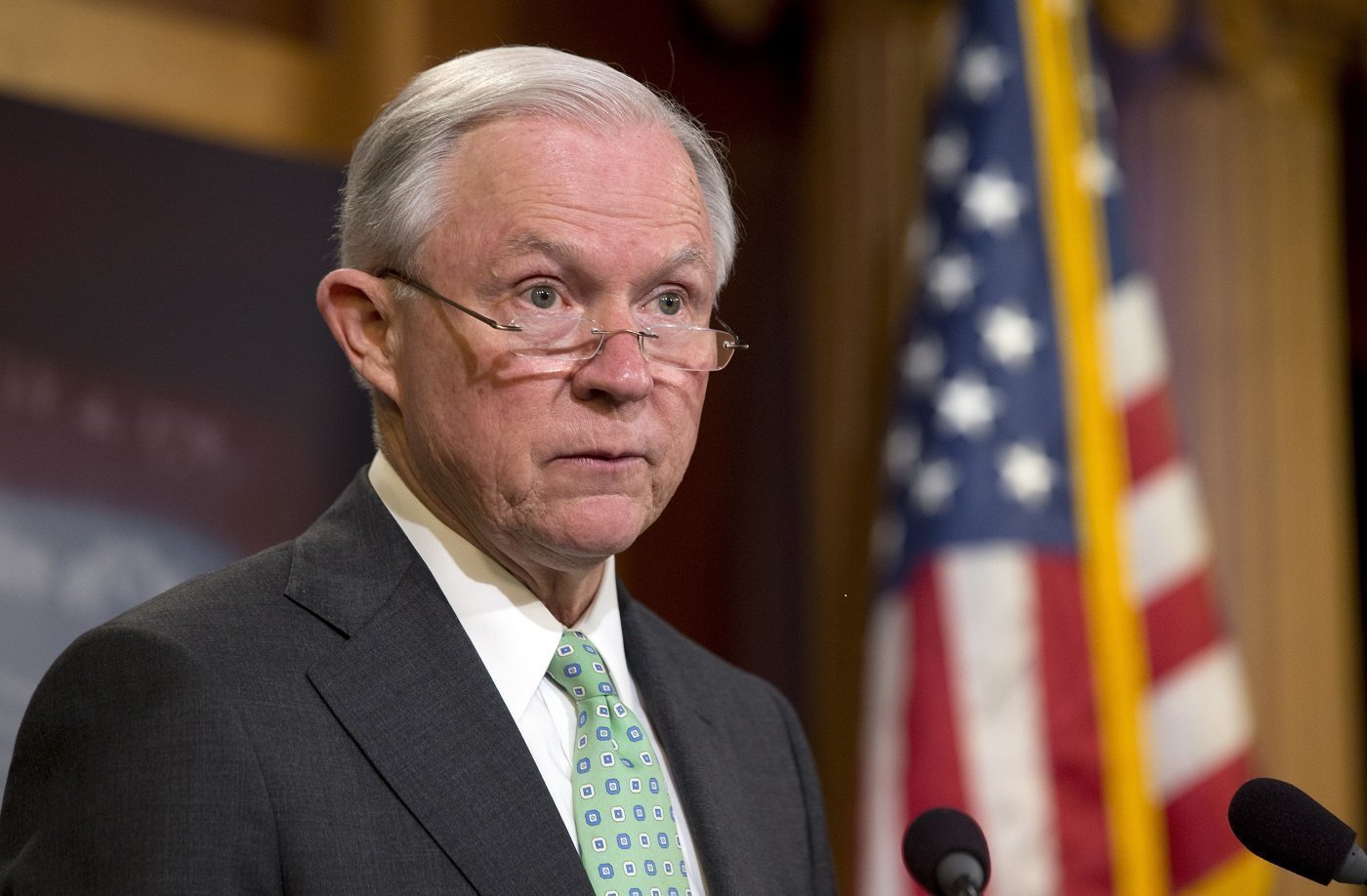US Attorney General Jeff Sessions defended President Donald Trump’s executive order that imposes a travel ban on citizens of six Muslim-majority nations, and said the visa ban was about national security and not a step against any religion. A US appeals court recently upheld a decision that blocked the executive order signed by President Trump.
“President Trump knows that the country he has been elected to lead is threatened daily by terrorists who believe in a radical ideology, and that there are active plots to infiltrate the US immigration system — just as occurred prior to 9/11,” Sessions said in a statement on Monday. The ruling by a three-judge bench of the US Court of Appeals for the Ninth Circuit was against the revised travel ban.
According to the bench, which unanimously ruled against the ban, the executive order signed by Trump “exceeded the scope of the authority delegated to him by Congress” to oversee immigration.
In response, Sessions claimed that the President’s executive order is “well within his lawful authority to keep the nation safe”.
“The President is committed to protecting the American people and our national security, and we are proud to support his mission to put America first by defending his right to keep us safe,” Sessions said, adding, “This is the reason why the Department of Justice will continue to seek further review by the Supreme Court.”
“We disagree with the Ninth Circuit’s decision to block that authority,” he said, adding that the recent attacks confirmed that threats to the nation are immediate and real.
Sessions cautioned against placing “our nation at risk until we have the have the ability accurately and responsibly to vet those seeking entry here”.
“The President was clear in his landmark speech in Saudi Arabia: this is not about religion; it is about national security. In fact, he called upon leaders in the Muslim world to join the United States in protecting religious freedom for all, including the freedom to be free from violence and terror,” Sessions said.
The ruling given on Monday against the travel ban was yet another block against Trump’s efforts to prohibit entry of citizens of Iran, Libya, Somalia, Sudan, Syria and Yemen for 90 days while the US government reviews their screening procedures.



